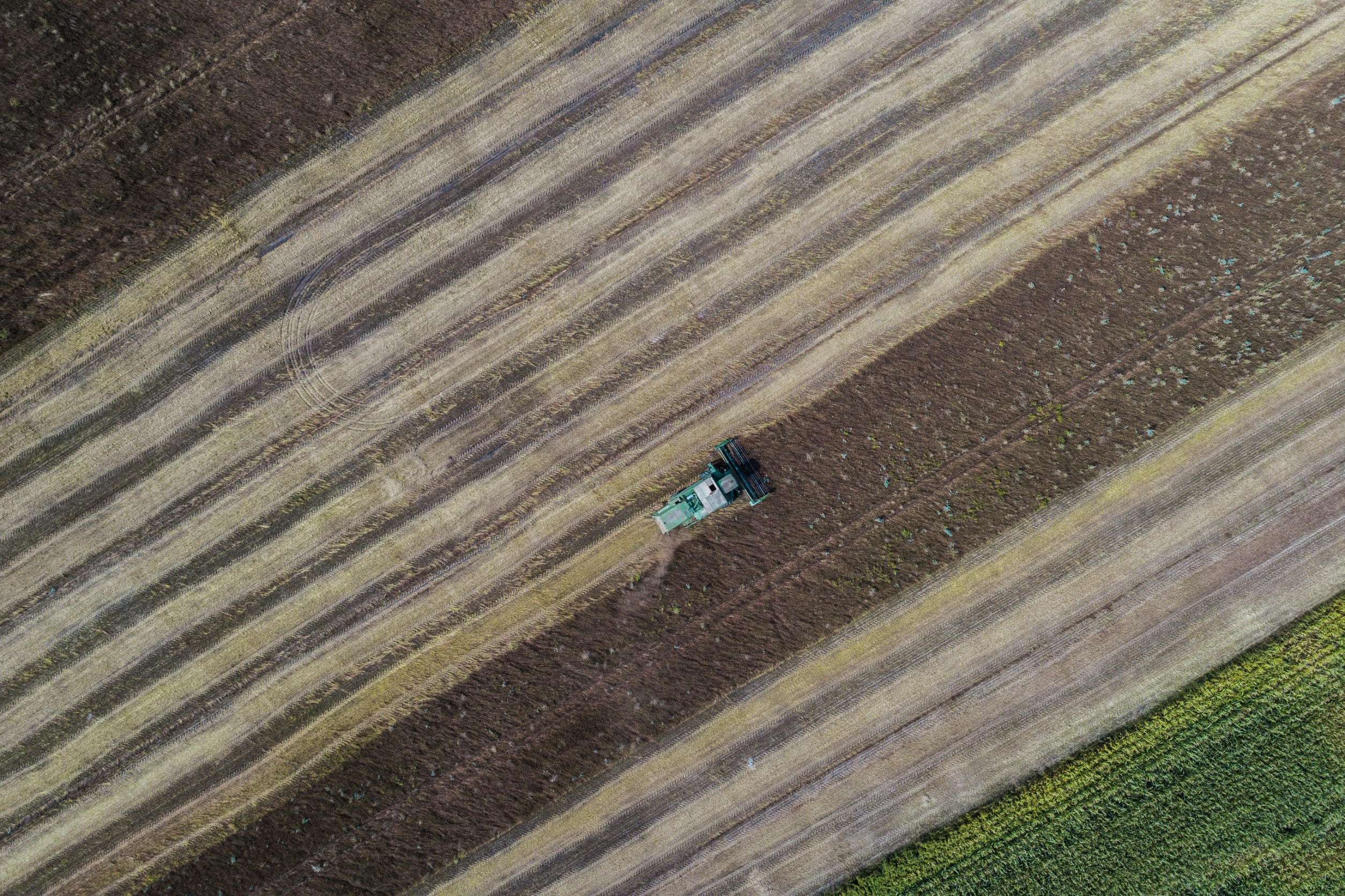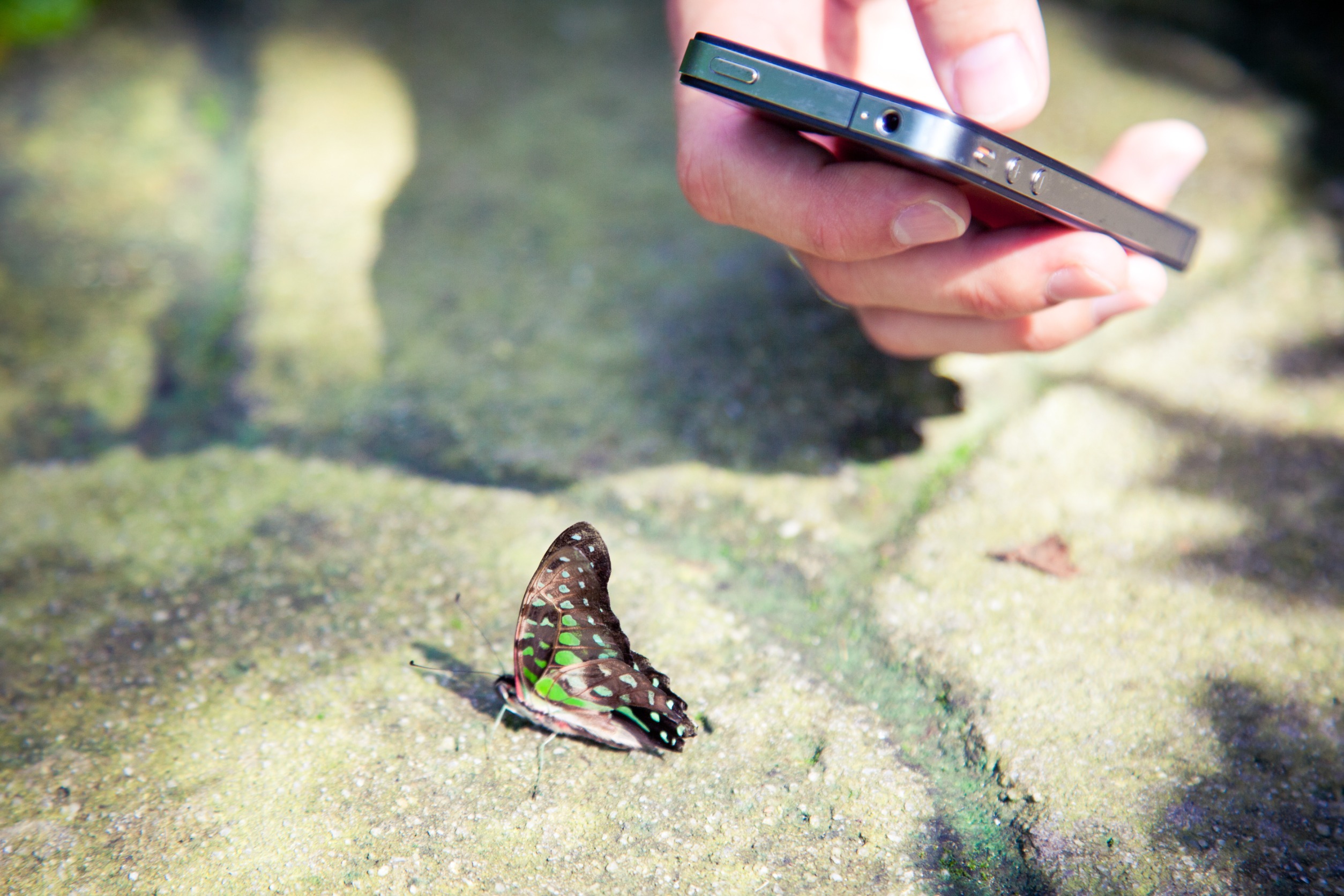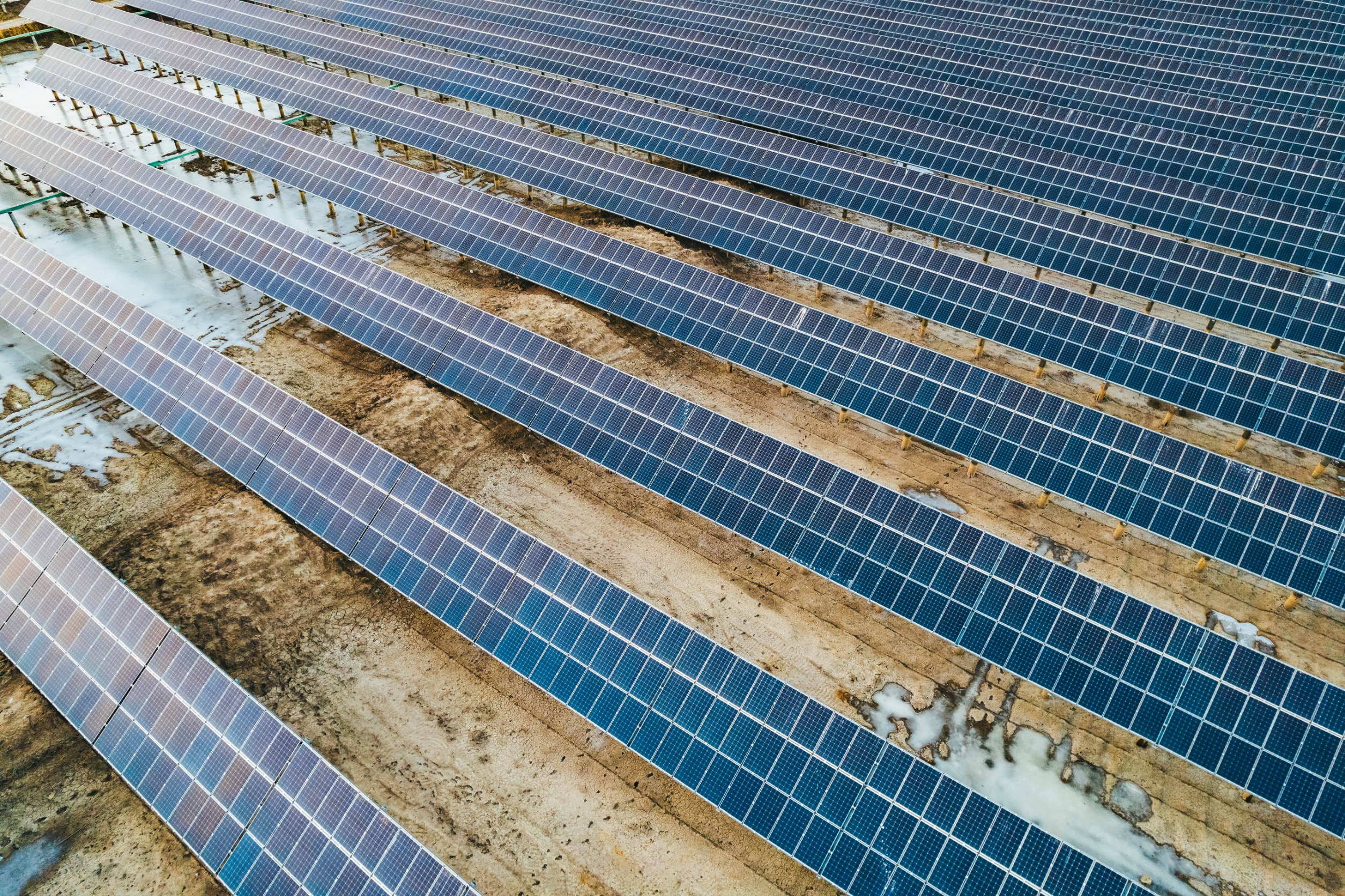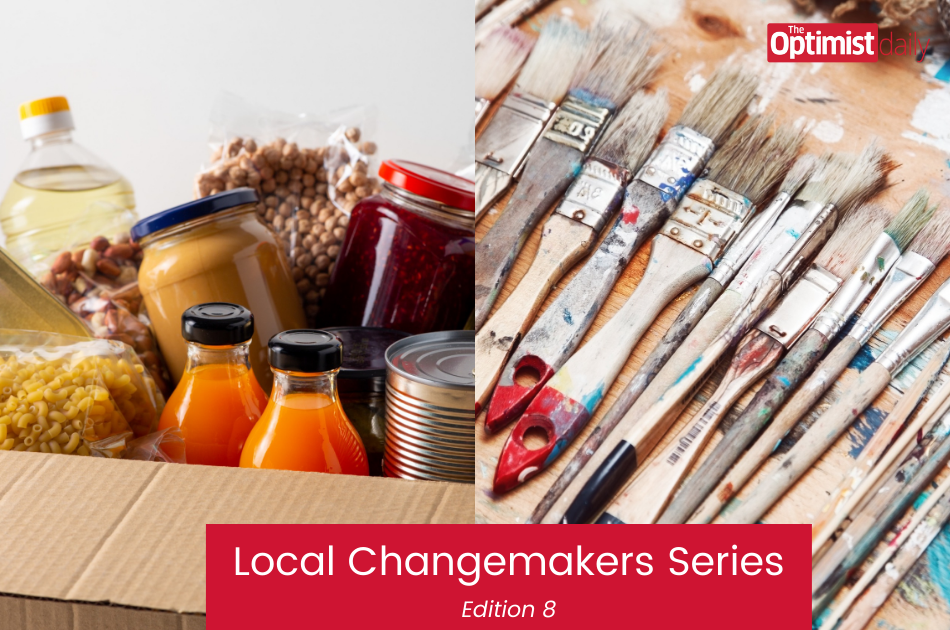BY THE OPTIMIST DAILY EDITORIAL TEAM
Farmers around the world have long used chemical treatments to safeguard their seeds from pests and disease. However, a new chemical-free alternative is gaining popularity in Sweden, Norway, and elsewhere. ThermoSeed, developed by former researcher Kenneth Alness, treats seeds with steam rather than chemicals, making it an environmentally safe and effective alternative to conventional treatments.
This unique strategy is already making waves in Scandinavian agriculture, and Alness, 67, has set his sights on taking the idea globally, especially in Asia.
Steam treatment: a safer and cleaner approach
ThermoSeed’s technique, which uses intense bursts of steam to kill pests while protecting seeds, has received accolades for its environmental benefits and improved working conditions. Farmer Gustaf Silén, who embraced the practice, highlighted how it lowers the dust associated with chemical treatments. “The bags with the seed, when you open them, can be quite dusty, and you get this all over you. That is not the case with ThermoSeed—it’s much easier to handle,” Silén said.
One notable advantage is the possibility of reusing unused seeds. Steam-treated seeds, unlike chemically treated seeds, can be safely fed to livestock or sold, cutting down on waste disposal expenses. “You don’t have to throw them away; they become valuable again,” Silén added.
Inspiration from the past, technology for the future
A 1950s farming book Alness discovered in his father-in-law’s bookshelf sparked the concept for ThermoSeed. The book recounted how farmers used to treat seeds with hot water before the introduction of artificial pesticides. Although organic farmers have kept this process alive, it is inefficient due to the expensive cost of drying the seeds afterward.
“I saw that it had potential and it should be good for nature, good for the climate,” Alness stated. “And I thought it was worth testing my wild ideas—that’s where it started.” After years of refinement, ThermoSeed now produces yields comparable to chemically treated seeds while eliminating the downsides of previous hot water treatments.
Beyond organic farming
Initially, ThermoSeed was only used by organic farmers, but Alness eventually recognized its larger potential. “I think it took five, six, seven years before I realized its potential for conventional farming, not only organic,” Alness said. His enthusiasm rose as he realized how ThermoSeed may replace chemical treatments in conventional agriculture, greatly lowering chemical consumption and environmental impact.
The Swedish agricultural co-op Lantmännen, which handles roughly half of Sweden’s seed supply, adopted the method in 2008. Since then, an estimated 3,000 cubic meters of chemicals have been dodged. In 2011, Norwegian agricultural co-op Felleskjøpet, which manages over half of Norway’s certified cereal seeds, introduced ThermoSeed following six years of intensive testing.
Overcoming farmers’ skepticism
Despite ThermoSeed’s obvious environmental benefits, not all farmers are eager to adopt non-chemical practices. According to Bjørn Stabbetorp, CEO of Felleskjøpet’s Agricultural Division, farmers tend to be wary about non-chemical solutions. He recognized that chemical treatments have been effective for many years, making it difficult to persuade farmers to try alternatives. “Non-chemical solutions have to really prove that they are competitive before the farmers are convinced,” she said. Fortunately, following a focused introduction, ThermoSeed has proven to be an effective and practical alternative.
Looking ahead: scaling for global impact
As Alness looks ahead, he sees new hurdles, such as the high cost of ThermoSeed equipment and the need to scale the technology for smaller markets. To make the approach more accessible globally, particularly in Asia, Alness is developing a scaled-down version of the machine.
Despite recently selling the ThermoSeed license to Lantmännen BioAgri, Alness has no intentions to retire. His focus remains on expanding this chemical-free, sustainable technology to farmers all across the world, assuring that they, too, can minimize their dependency on pesticides without sacrificing their crops.












